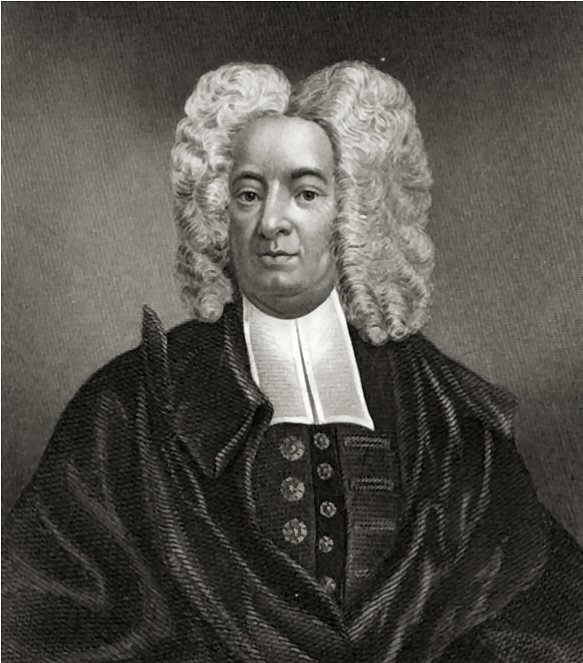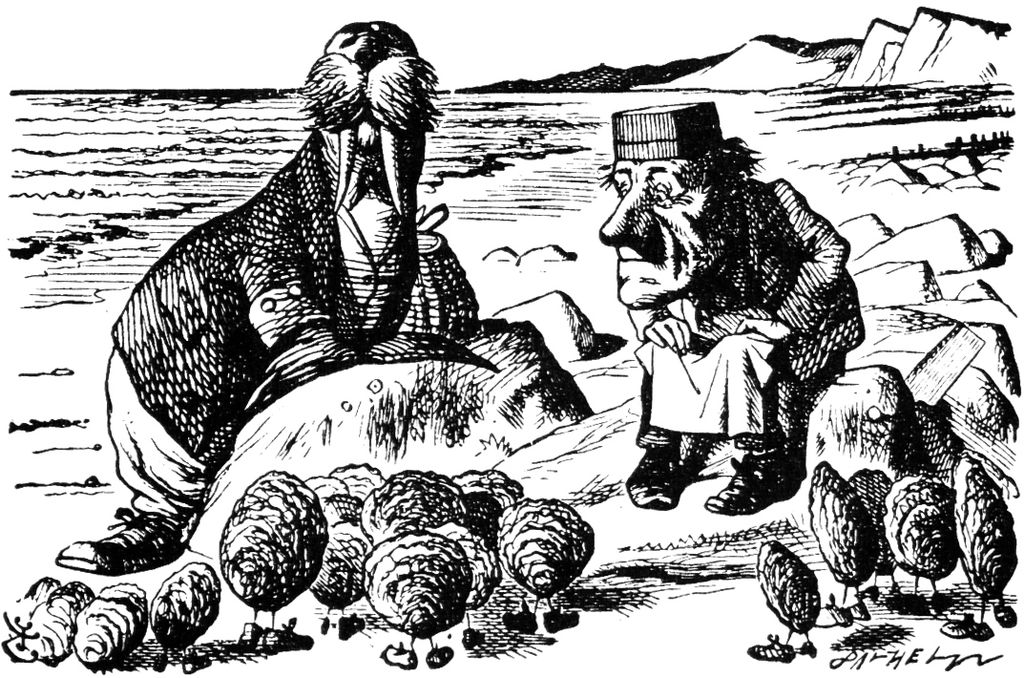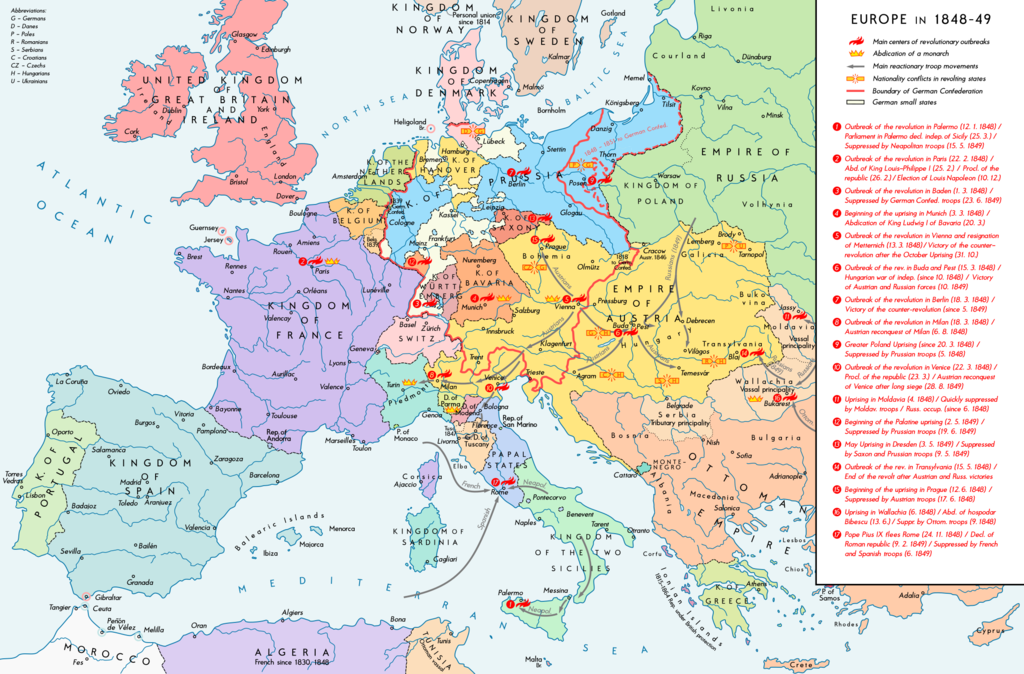“We have people coming into the country or trying to come in, we're stopping a lot of them, but we're taking people out of the country. You wouldn't believe how bad these people are. These aren't people. These are animals." President Trump, May 16, 2018 (USA Today)
"When Mexico sends its people, they're not sending their best. They're not sending you. They're not sending you. They're sending people that have lots of problems, and they're bringing those problems with us. They're bringing drugs. They're bringing crime. They're rapists. And some, I assume, are good people." Candidate Trump, June 16, 2015
"Donald J. Trump is calling for a total and complete shutdown of Muslims entering the United States until our country's representatives can figure out what is going on. According to Pew Research, among others, there is great hatred towards Americans by large segments of the Muslim population." Candidate Trump, written statement, December 7, 2015. (Source)
And no, I'm not using this as a segue way into criticism of our current President. What I want to talk about is how various peoples have been made into politically profitable predators in American history. From Native Americans to Blacks to Mexicans to Irish to Italians to Asians to Blacks to Native Americans and back to Mexicans to... fill in the blank. And the question always is, Who's next?
Native Americans, of course, have always considered a problem. Back in 1702, Cotton Mather wrote of the Native Americans:
 "The Natives of the Country now Possessed by the New-Englanders, had been forlorn and wretched Heathen ever since their first herding there; and tho' we know not When or How those Indians first became Inhabitants of this mighty Continent, yet we may guess that probably the Devil decoy'd those miserable Salvages [sic] hither, in hopes that the Gospel of the Lord Jesus Christ would never come here to destroy or disturb his Absolute Empire over them." (The New English History), Book III, p. 190 (1702)
"The Natives of the Country now Possessed by the New-Englanders, had been forlorn and wretched Heathen ever since their first herding there; and tho' we know not When or How those Indians first became Inhabitants of this mighty Continent, yet we may guess that probably the Devil decoy'd those miserable Salvages [sic] hither, in hopes that the Gospel of the Lord Jesus Christ would never come here to destroy or disturb his Absolute Empire over them." (The New English History), Book III, p. 190 (1702)
Ignoring, of course, the fact that the Native Americans actually fed the original settlers from England and taught them how to plant maize, squash, and other New World foodstuffs... Without their help, the original settlers would not have survived. Ingratitude, thy name is Mather.
Then there's this 1803 painting by American painter John Vanderlyn -
Death of Jane McCrae - well, it's obvious what this tells us about the horrors of Native Americans in early America. The story behind this is classic propaganda, classic use of the death of a beautiful white woman to justify whatever comes next. There were two versions of the story:

(1) Jane (who was a Loyalist in the American Revolution) was on her way to meet with her fiance at the British camp at Ticonderoga, escorted by two Native American warriors. (Remember that at this time the British were hiring Native Americans to fight on their side.) The two got into a fight over how much they'd be paid for delivering her safely. So one of them killed and scalped her.
(2) Jane McCrea was killed by a bullet fired by pursuing Americans. 19th century historian James Phinney Baxter supported this version of events in his 1887 history of Burgoyne's campaign, saying that there was an exhumation of her body which showed she died of bullet wounds, and had no tomahawk wounds.
Guess which one got the most press? The first version, of course. It got spread around in newspapers, pamphlets, and letters. British General Burgoyne wrote a letter to American general Horatio Gates, complaining about ill-treatment of British POWs. Gates' response was widely reprinted:
"That the savages of America should in their warfare mangle and scalp the unhappy prisoners who fall into their hands is neither new nor extraordinary; but that the famous Lieutenant General Burgoyne, in whom the fine gentleman is united with the soldier and the scholar, should hire the savages of America to scalp europeans and the descendants of europeans, nay more, that he should pay a price for each scalp so barbarously taken, is more than will be believed in England. [...] Miss McCrae, a young lady lovely to the sight, of virtuous character and amiable disposition, engaged to be married to an officer of your army, was [...] carried into the woods, and there scalped and mangled in the most shocking manner..." (Wikipedia)
It also entered American legend thanks to James Fennimore Cooper, who used it in 1826's The Last of the Mohicans.
And let's talk about Andrew Jackson, who launched the Indian Removals of the 1830s:
"Humanity has often wept over the fate of the aborigines of this country and philanthropy has long been busily employed in devising means to avert it, but its progress has never for a moment been arrested, and one by one have many powerful tribes disappeared from the earth.… But true philanthropy reconciles the mind to these vicissitudes as it does to the extinction of one generation to make room for another.… Philanthropy could not wish to see this continent restored to the condition in which it was found by our forefathers. What good man would prefer a country covered with forests and ranged by a few thousand savages to our extensive Republic, studded with cities, towns, and prosperous farms, embellished with all the improvements which art can devise or industry execute, occupied by more than 12,000,000 happy people, and filled with all the blessings of liberty, civilization, and religion?"
In other words, we want the land, so they've got to go. And then, to justify it, consider the American Westerns, both in penny dreadfuls, novels, and movies: until 1970's Little Big Man, most of them are all about chasing down and killing all the "savages" John Wayne and his buddies could find.
Meanwhile, there have been constant waves of immigration, and constant opposition to each and every wave:
 |
WW1 propaganda
anti-Hun poster |
In 1775, before the United States had gained its independence, Benjamin Franklin warned against the destructive forces of German immigration:
“A Colony of Aliens, who will shortly be so numerous as to Germanize us instead of our Anglifying them and will never adopt our Language or Customs any more than they can acquire our Complexion." (Source)
Who knew that Germans were so alien? Before WW1?
There were the Irish, presented as drunk gorillas who should be banned
from immigrating to the US and once here, should certainly never be employed:
Do you notice a theme here? Comparing various groups / people to apes? Or other animals?
Meanwhile, there were also the Italians, who were also seen as subhuman, either importers of anarchism or - of course - the Mafia. Did you know that the largest lynching in the United States was in New Orleans, and the victims were Italians? A popular police chief named Hennessey (Irish) was shot on his way home, and when he was asked, dying, who did it, he gasped, "Dagoes". So they rounded up the usual suspects, 11 Italians, and tried them - and there was a mistrial! So the mob went wild, and started killing people... No one was ever tried. And, in language that is tragically familiar, a NYT editorial called the victims “desperate ruffians and murderers. These sneaking and cowardly Sicilians, the descendants of bandits and assassins…are to us a pest without mitigations.” Read the rest at the
History Channel.
But at least they weren't Chinese:

For a long time China was known as the Yellow Peril. The Chinese Exclusion Act of 1882, prohibiting all immigration of Chinese laborers, was followed up by massacres (Rock Springs, 1885, Hells Canyon 1887), and a general stereotyping of Chinese (and other Orientals) as apes, lesser men, primitives, children, madmen, and beings who possessed special powers, and who commonly kidnapped white women into white slavery, opium addiction, and eventually murdered them. (
Wikipedia)
Besides propaganda posters like the one to the left, white slavery was presented as a hideously common peril for white women in stories by Frank Norris (author of
McTeague), Sax Rohmer (whose Chinese villain Fu Manchu threatened the world and its white women from 1913-1959) and
True Confessions. All of this propaganda was the basis for a series of American Immigration Acts that barred almost any Asian immigration of any kind to America until the 1960s. Women had to be protected from the evil Orientals, and the only way to do that was to ban them entirely.
NOTE: This is why both the 1960s movie and musical Thoroughly Modern Millie, and an impossibly bad movie from the 1980s, Angel III: The Final Chapter, could STILL use white slavery by opium-smoking Asians as a major menace to the heroine(s).

Of course, even the Chinese didn't / don't make such fearsome villains as blacks, going back to D. W. Griffiths' 1915
Birth of a Nation, (first titled
The Klansman, BTW). In that movie, Elsie (played by Lillian Gish) is saved by the KKK from the lustful mulatto Lynch (who came up with
that name?), while the virginal white young Flora is forced to leap to her death to avoid being raped by a "freedman". (Sounds like a rip-off of
Last of the Mohicans to me, but then again, if it works with one ethnic group it'll work with any, I suppose. Apes and other animals, you know.) "There is no doubt that Birth of a Nation played no small part in winning wide public acceptance" for the KKK, and that throughout the film "African Americans are portrayed as brutish, lazy, morally degenerate, and dangerous." (
History.com) It was the perfect movie to reinforce the need for Jim Crow laws everywhere across the South, not to mention the holocaust of lynching. And, as late as the 1970s,
David Duke used the film to recruit members to the KKK.
Fast forward to the 1980s and Willie Horton. Horton was released on a weekend furlough in June, 1986, and didn't come back. In April, 1987, he raped a white woman. In October, 1987 he was arrested and sentenced to 2 life sentences. In 1988, Republican Presidential candidate George H. W. Bush's campaign put out the "Willie Horton" ad against Democratic candidate Michael Dukakis (who had been Governor of Massachusetts at the time, but was not the founder of the furlough program) to prove that Dukakis was weak on crime, i.e., would not protect [white] women. It played into the stereotype that black men were big, ugly, dumb, violent, and dangerous, so let's stay super tough on crime. It worked. But I, for one, don't believe that anyone in the Bush campaign believed they were protecting women: they were winning an election.
Sounds familiar to me.
P.S. In case you're wondering about antisemitism, the long, long, long history of antisemitism in America begins with Peter Stuvaysant, the last Director-General of New Amsterdam. During the Civil War, Ulysses S. Grant issued
General Order No. 11 expelling Jews from areas under his control in western Tennessee, "as a class violating every regulation of trade established by the Treasury Department and also department orders, are hereby expelled …within twenty-four hours from the receipt of this order." Lincoln rescinded the order ASAP, but. Discrimination against Jews was standard and the cartoons and jokes horrific. Watch Gregory Peck in
Gentleman's Agreement some time, which was extremely controversial when it came out in 1947, because it exposed the standard discrimination against Jews in employment, education, housing, travel, restaurants, clubs, etc.
A short list of famous antisemites includes: Charles Coughlin, Louis Farrakhan, Henry Ford, FDR (never forget he turned away the ship carrying 907 Jewish refugees from Nazi Germany), Joe Kennedy, Sr. (read his correspondence with Viscountess Astor), General Patton ("lower than animals"), Richard Nixon, Billy Graham (he's on the Nixon tapes saying things like "This [Jewish] stranglehold has got to be broken or the country's going down the drain", and when Nixon mentioned that Graham was a friend of the Jews, Graham replied "But they don't know how I really feel about what they are doing to this country."
[72]), and, of course, almost every troll on Breitbart and every white supremacist site you can stomach. Some of them showed up for the Charlottesville, VA, August 11, 2017, "Unite the Right" rally, where they carried tiki torches while chanting Nazi and white supremacist slogans, including "White lives matter" and "Jews will not replace us."
The depressing thing about humanity is that you have to educate each and every generation to be moral, compassionate, tolerant, kind, decent... And obviously, we have a lot of work to do.

 Naturally, the historical mystery genre has its difficulties as well, presenting a tricky balance for the writer. From writing a number of novels set in the past, I discovered that readers enjoy only so much difference and strangeness. Local color, odd costumes and odder customs are OK, so long as the hero and heroines have basically contemporary ideas and attitudes. I learned this the hard way with All the King’s Ladies, a novel about the Affair of the Poisons at the court of Louis XIV. Only belatedly did I realize it would probably have sold a great many more copies if the king’s mistresses had been more romantic creatures, instead of the cold-eyed business women they were in reality.
Naturally, the historical mystery genre has its difficulties as well, presenting a tricky balance for the writer. From writing a number of novels set in the past, I discovered that readers enjoy only so much difference and strangeness. Local color, odd costumes and odder customs are OK, so long as the hero and heroines have basically contemporary ideas and attitudes. I learned this the hard way with All the King’s Ladies, a novel about the Affair of the Poisons at the court of Louis XIV. Only belatedly did I realize it would probably have sold a great many more copies if the king’s mistresses had been more romantic creatures, instead of the cold-eyed business women they were in reality. His appealing main characters exhibit a distinctively contemporary sensibility. It is not too surprising that Amelia Lydgate, blood expert and medical student is alert to the misogyny of the medical profession. But it is more surprising that Liebermann, fascinated by Freud’s ideas, should apply them with many critical reservations, especially with respect to his female patients. Or that Rheinhardt, a
His appealing main characters exhibit a distinctively contemporary sensibility. It is not too surprising that Amelia Lydgate, blood expert and medical student is alert to the misogyny of the medical profession. But it is more surprising that Liebermann, fascinated by Freud’s ideas, should apply them with many critical reservations, especially with respect to his female patients. Or that Rheinhardt, a 



























